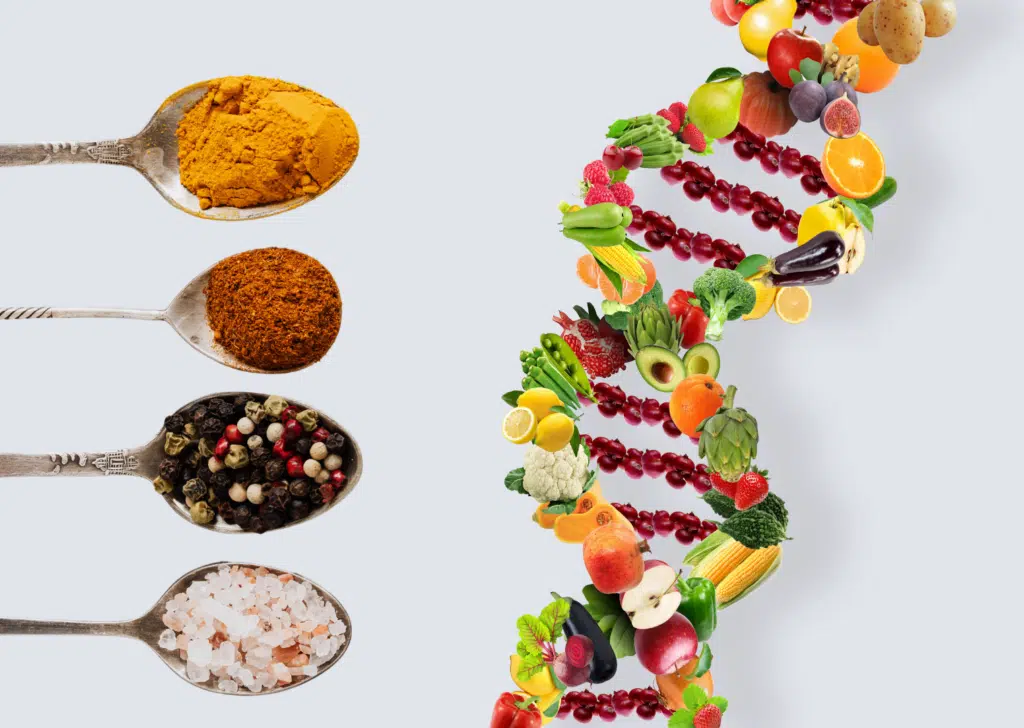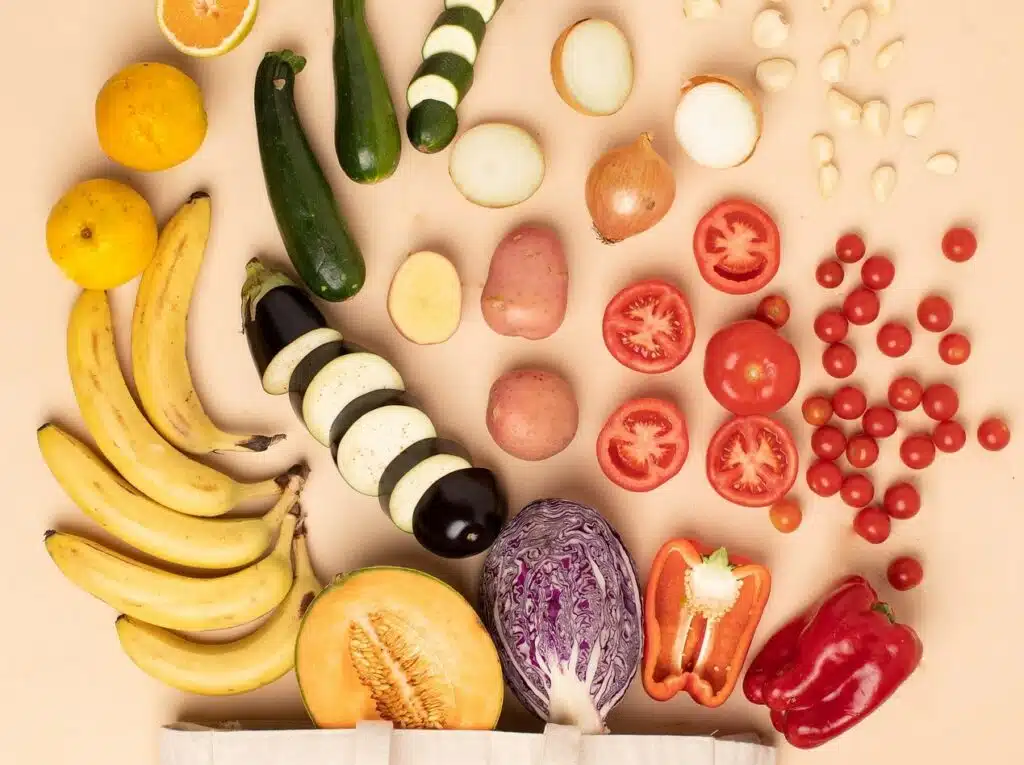More and more people are discovering the benefits of a plant-based diet and turning ingredients that were originally considered more of a side dish into the main players on their plate. Veganuary, an English word combination of “vegan” and “January”, has not only established itself as a nutritional program, but also as a global campaign that encourages people to eat vegan in January and beyond. This movement reflects the growing interest in vegetarian and vegan diets, which goes far beyond a passing trend.
The benefits of a plant-based diet
Plant-based nutrition offers many advantages. It contributes to reducing environmental pollution and conserves the planet’s resources. Industrial livestock farming is a major climate killer and is responsible for almost half of greenhouse gas emissions in the food system. Cattle farming is particularly problematic: around 87 percent of greenhouse gases from livestock farming come from cattle, which emit methane and nitrous oxide. In addition, a switch to a plant-based diet could help to feed the 815 million hungry people worldwide much better, as the food grown for animals could be used directly for human consumption.
The diversity of plant-based cuisine
A purely plant-based diet opens up a world of culinary possibilities and can be extremely varied. Ideally, a balanced vegan meal should contain all five food groups:
Fruit and vegetables: These should make up half of the plate and provide important vitamins, minerals, phytochemicals and fiber.
Whole grains and pseudograins: A quarter of the plate should be made up of foods such as oats, rye, spelt, wheat, barley, millet, rice, quinoa, amaranth and buckwheat, which provide complex carbohydrates and fiber.
Plant-based protein sources: The other quarter of the plate should consist of legumes (such as lentils, peas, beans and lupins), soy products (such as tofu and tempeh) and seaweed. These sources provide essential proteins and amino acids.
Nuts, kernels and seeds: They contain healthy unsaturated fatty acids and should be consumed regularly.
Vegetable oils: For essential omega-3 and omega-6 fatty acids, oils such as linseed oil, rapeseed oil, walnut oil and hemp oil are particularly recommended.
Tips for a successful changeover
A balanced vegan diet requires planning and variety. For example, the German Nutrition Society (DGE) recommends that vegans take vitamin B12 supplements, as this vitamin is not sufficiently present in plant-based foods. To ensure that the diet provides all the necessary nutrients, it can be helpful to follow the dietary recommendations of the DGE and similar organizations.
The aim should not be to demonize animal products completely, but to enjoy them occasionally as a special delicacy. The large selection of vegan ingredients and recipes makes it possible to create creative and delicious meals that are both tasty and nutritious.
Epigenetics and Nutrition: How Diet Affects Your Health
Are you curious about how your eating habits can change not only your body but also your genes? Find out more about the benefits of epigenetic nutrition and how to implement the diet. Epigenetics and Nutrition: understanding the connection Our DNA consists of up to 25,000 genes. These genes are essentially the blueprint for our […]
Vegetarian, vegan, flexitarian – what helps the climate?
Our food system – as new studies show – is responsible for around one third of global greenhouse gas emissions, primarily through the production or consumption of meat products. In Germany, about 10% of people now follow a vegetarian or vegan diet. Young and female people in particular are increasingly opting for a vegetarian or vegan diet, and the trend is still rising.
Vegetarian diet scientifically proven
Vegetarian nutrition is booming. More and more people are adopting a meat-free diet. There are numerous reasons for this way of life and, above all, some advantages that have been proven by studies. In this article, we present you with current facts and interesting research results on the topic of vegetarianism.





